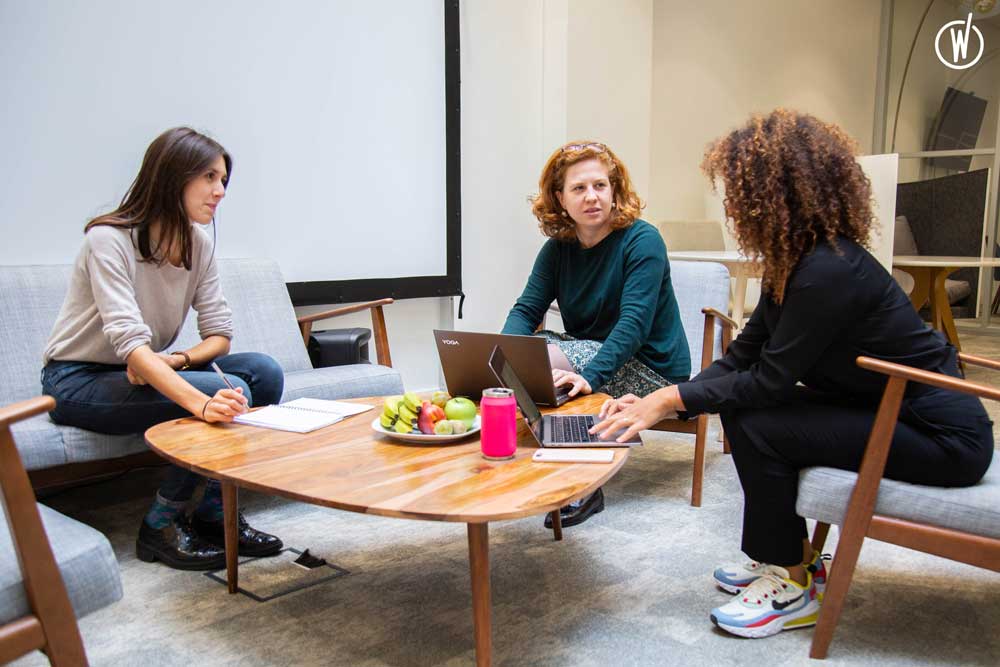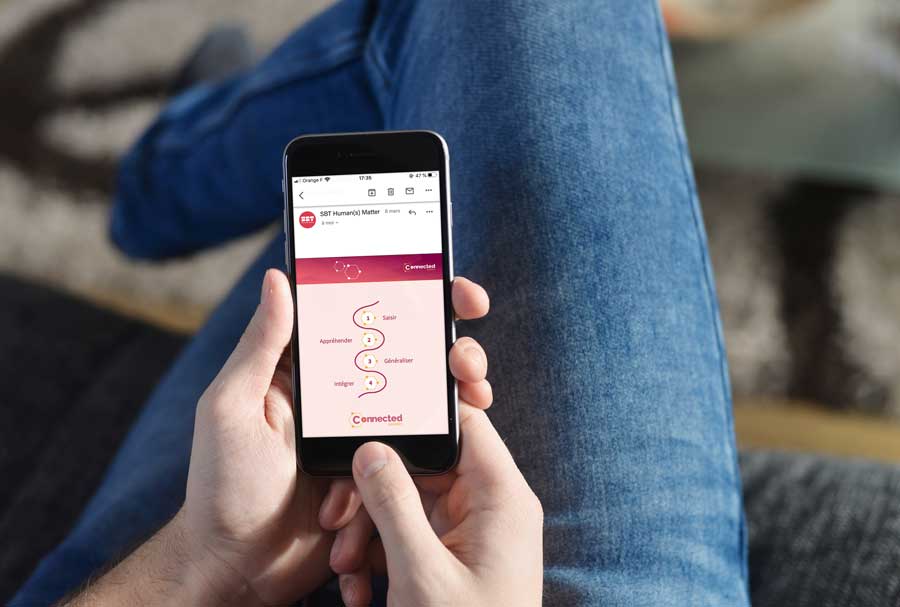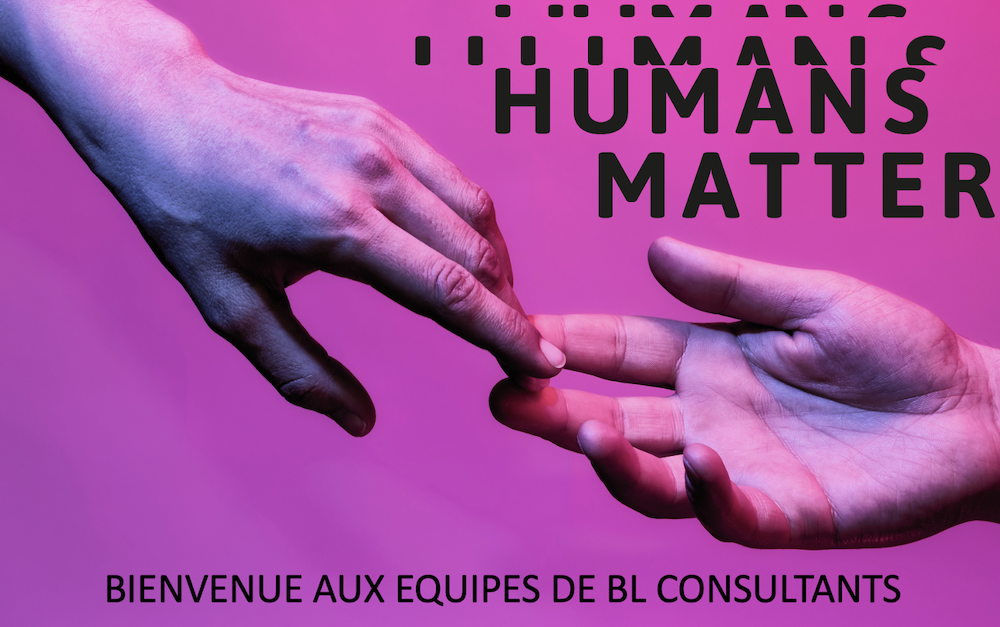We must already recognize that the willingness to learn will be a key skill in the future.
Olivier Fronty
To become antifragile, managers will have to learn again and again, if not always. “There will no longer be any one-size-fits-all training, as developments will be so rapid. We must already integrate that the willingness to learn will be a key skill in the future,” analyzes Olivier Fronty, president of Humans Matter.
“The antifragile manager relies on 4 meta-skills that will be their guides to action to activate the evolution potential of their teams. They can be acquired in our training courses in personal development, customer relations, leadership, and learning” says Jonathan Kraemer, Cognitive Designer at Humans Matter.
The antifragile manager focuses, first of all, on the care of each member of their tea, and on communication, thanks to 2 meta-skills that promote mutual aid:
The antifragile manager relies on 4 meta-skills that will be their action guides to activate the evolution potential of their teams.
Jonathan Kraemer
Taking care of
Observing, describing, and evaluating the quality of interactions within one’s team, then creating better socio-professional balances.
Communicating beyond one’s natural team to mobilize networks of competencies by ensuring that everyone has the information and knowledge they need to carry out their missions.
Moving towards collaborative networks
Then they focus on motivation and meaning within their teams thanks to 2 meta-skills that will allow them to give perspective to uncertainty:
Constructing narratives
Developing storylines that create bridges between different elements, raise expectations, and guide towards action. Narratives draw desirable futures that foster commitment, especially when they are co-constructed.
Identifying the beliefs, symbols, and mental representations of each person, distinguishing between those that converge and those that diverge, and then creating new collective mental representations.
Creating common meaning
To initiate a sustainable evolution of managerial practices, Humans Matter offers managers learning experiences built by cognitive engineering. These experiences alternate between two types of temporalities. First, synchronous moments dedicated to theoretical anchoring, knowledge transmission, joint reflection on their rituals, and collective intelligence to bring out new practices. Then, asynchronous moments for individual reflection, introspection, and deepening of the knowledge acquired during the sessions in order to appropriate it by applying it in their daily life.
In order to grasp these dimensions, increase skills and acquire meta-skills, Humans Matter integrates digital products, such as WeSuccessⓇ, a co-development platform that allows participants to capitalize on collective intelligence to find answers to managers’ challenges together. Other products can complement these devices such as Twincorp, which offers managers personalized support led by coaches trained in cognitive design approaches.















